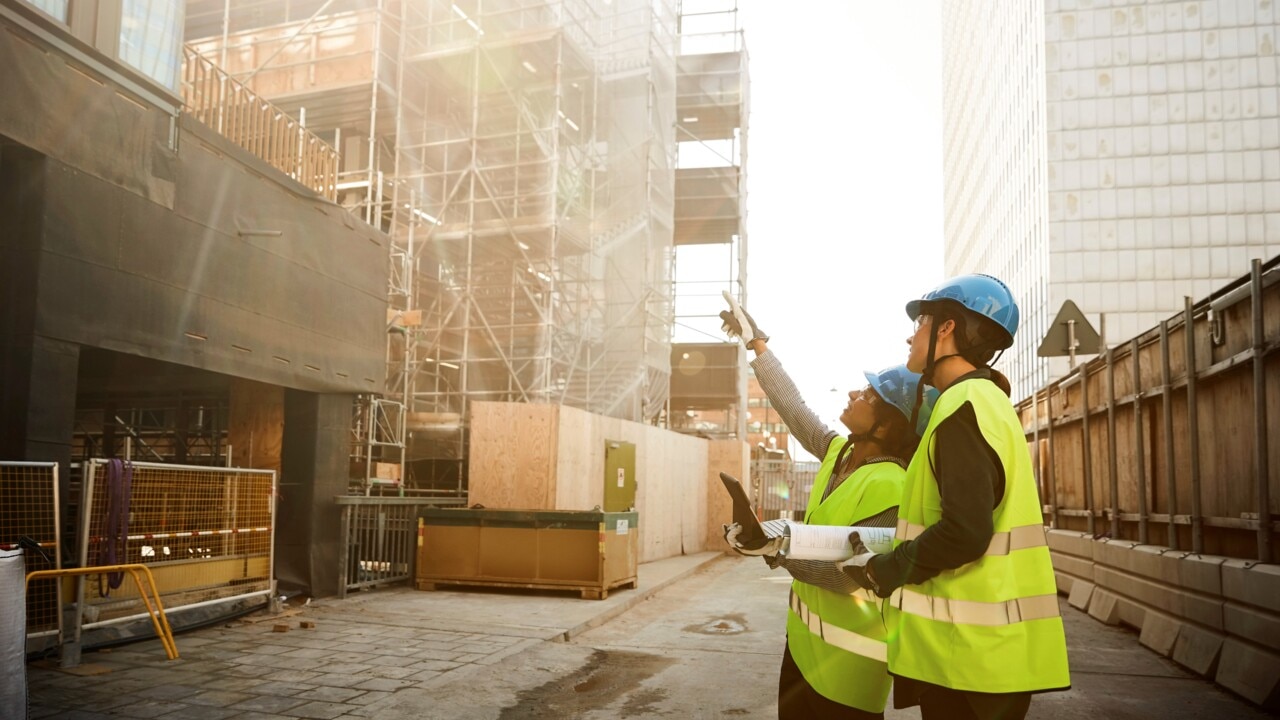The climbing cost of retirement: what seniors pay today
Retiree couples today need almost $9500 a year more for a comfortable retirement than in 2021, but some relief has arrived.

Three years of cost-of-living rises have dramatically increased the price of a comfortable retirement.
New figures from the Association of Superannuation Funds of Australia show it now costs a couple $73,031 annually to retire comfortably, up more than $9500 from the $63,799 they were paying in September 2021 when inflation was starting to surge.
A single person will need $51,814 annually, according to the latest ASFA Retirement Standard, up from $45,239 since September 2021.
To afford a comfortable retirement using a mix of superannuation savings and the age pension, a single person aged 67 needs $595,000 of super and a couple needs $690,000 combined, it says.
However, there has been some short-term relief for retirees. ASFA says September quarter retirement costs reduced 0.5 per cent thanks to lower fuel prices and government energy rebates.
Over the last 12 months, retirement costs rose less than Consumer Price Index inflation, at 1.8 per cent versus 2.8 per cent.

“The easing in short-term retirement budget pressures will be a welcome holiday gift for retirees at this time of year,” ASFA CEO Mary Delahunty said.
She said high CPI inflation over the past three years had hit retirees just like most other households.
“Some retirees also have undertaken part-time work to help meet increased living expenses.
“Rates of employment for older Australians have been increasing in recent years for a number of reasons.
“Higher living costs are likely to have been an important contributing factor for this, but also the job market has been strong and Australians have been living longer and with more healthy lives.”
Goldborough Financial Services director Brenton Miegel said senior clients were mainly talking about high insurance and energy costs, and these had a “compounding effect” on all businesses by affecting food, transport and other areas.
“Everybody’s commenting on the increase in the cost of living and nobody’s immune – that’s the reality,” he said.
“Over the next 12 months as inflation gets down to 2.5-to-3 per cent, where the Reserve Bank wants it, costs will taper off.”
Mr Miegel said retirees were closely watching their household bills. “Particularly in the last couple of months a lot of clients have gone and done their homework and changed their insurance,” he said.
“There’s more awareness now rather than a ‘she’ll be right’ response.”
The Retirement Standard started 20 years ago, and ASFA has analysed the biggest price rises for seniors over that period.
Utilities climbed the most, with water and sewerage, electricity and gas taking up the top three spots on the list of the biggest rises, and retiree cost increases outpaced broader inflation.

Ms Delahunty said energy costs represented about 5 per cent of a single retiree’s household budget, with motor vehicle fuel costs “on top of that”.
“While some scaling back in the use of energy is possible, energy costs are unavoidable for retirees,” she said.
“Energy prices are very much linked to developments in world energy markets, with sharply increased energy costs around the world.
“Prices rose sharply as Covid lockdowns were lifted and economies returned to normal. Prices increased again after the Russian invasion of Ukraine, which led to a reduction of gas supplies in world markets.”
ASFA’s latest survey of retirement expectations found half of respondents had sought professional advice to plan their retirement.
“Cost and accessibility are likely to have been important factors leading to only some retirees seeking financial advice,” Ms Delahunty said.
“ASFA has advocated for measures that will make financial advice both more accessible and affordable,” she said.
BIGGEST COST INCREASES OVER 20 YEARS
Water and sewerage up 161%
Electricity up 150%
Gas up 122%
Automotive fuel up 113%
Medical and hospital up 112%
Property rates up 106%
Insurance up 99%
Dental up 91%
Takeaway food up 81%
Meals out up 78%
Source: ASFA
More Coverage
Originally published as The climbing cost of retirement: what seniors pay today





